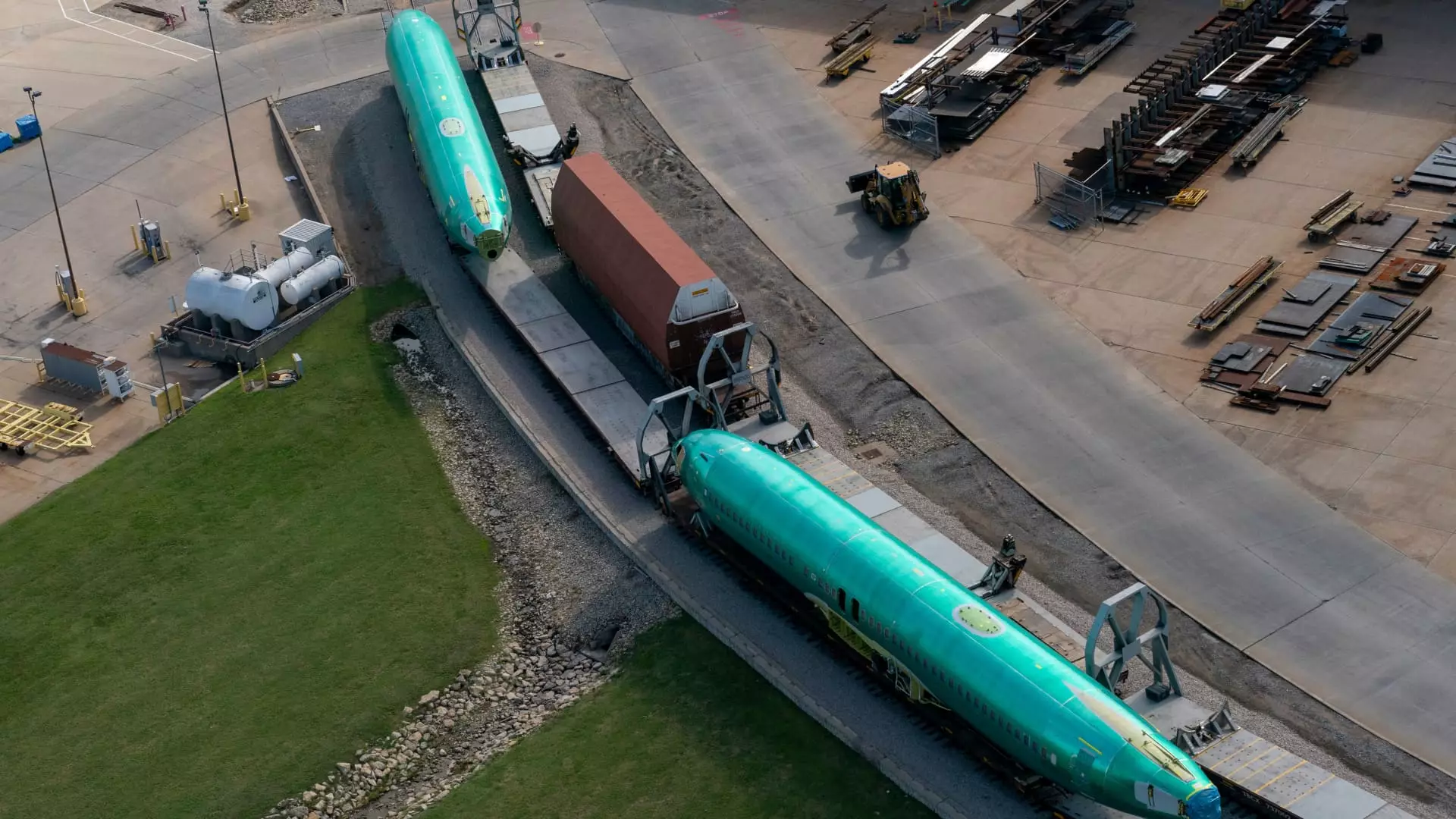Spirit AeroSystems, a key player in the aerospace supply chain, is bracing for the possibility of significant layoffs as the ongoing strike by Boeing machinists drags into its sixth week. With the machinists recently rejecting a proposed labor contract by 64%, the situation is not looking promising for the future of both companies. As the strike continues to halt production across Boeing’s facilities, particularly in the Seattle area, the ripple effects are being felt deep within the industry, affecting suppliers like Spirit, which manufactures essential components like fuselages for Boeing’s iconic 737 Max.
Furloughs on the Horizon
In light of these developments, Spirit AeroSystems is contemplating further layoffs or furloughs beyond the already planned temporary suspensions for approximately 700 employees at its Wichita, Kansas, facilities. These 21-day furloughs are poised to kick in as soon as next week unless a resolution is found. The prospect of additional layoffs underscores the severe strain that the extended strike is placing on the aerospace sector, which had only recently started recovering from the severe downturn caused by the COVID-19 pandemic.
This situation not only highlights Spirit’s precarious financial standing—characterized by a staggering third-quarter net loss of $477 million—but also raises questions about the resilience of the aerospace supply chain as a whole. Many suppliers, including Spirit, have hesitated to implement staffing cuts despite the looming threat of widespread layoffs. Their reluctance is rooted in the hard-earned progress made in workforce rebuilding after years of job losses during the pandemic. Furthermore, the effects of the strike are compounded by Airbus, which is also grappling with similar supply chain disruptions.
The dynamics of this conflict are further complicated by Boeing’s pending acquisition of Spirit AeroSystems, a deal expected to close in the coming year. As Boeing’s leadership, including new CEO Kelly Ortberg, emphasizes the importance of resolving this labor dispute, the urgency to stabilize the workforce and restore production is palpable. The machinists’ union has expressed the intention to resume negotiations, indicating a willingness to find common ground. However, the path forward remains fraught with uncertainty as external pressures and internal conflicts put both companies under immense strain.
As Spirit AeroSystems contemplates further furloughs and layoffs, the broader implications for the aerospace industry are stark. The ongoing strike, combined with financial losses and the complexities of mergers, paints a troubling picture for the future. Companies will need to navigate these challenges carefully, balancing the necessity for operational adjustments with the imperative of maintaining a skilled workforce ready to meet the demands of recovery in a post-pandemic world. The resolution of this labor dispute with Boeing becomes not only a priority for immediate stability but also a crucial determinant for the long-term health of the aerospace sector.


Leave a Reply